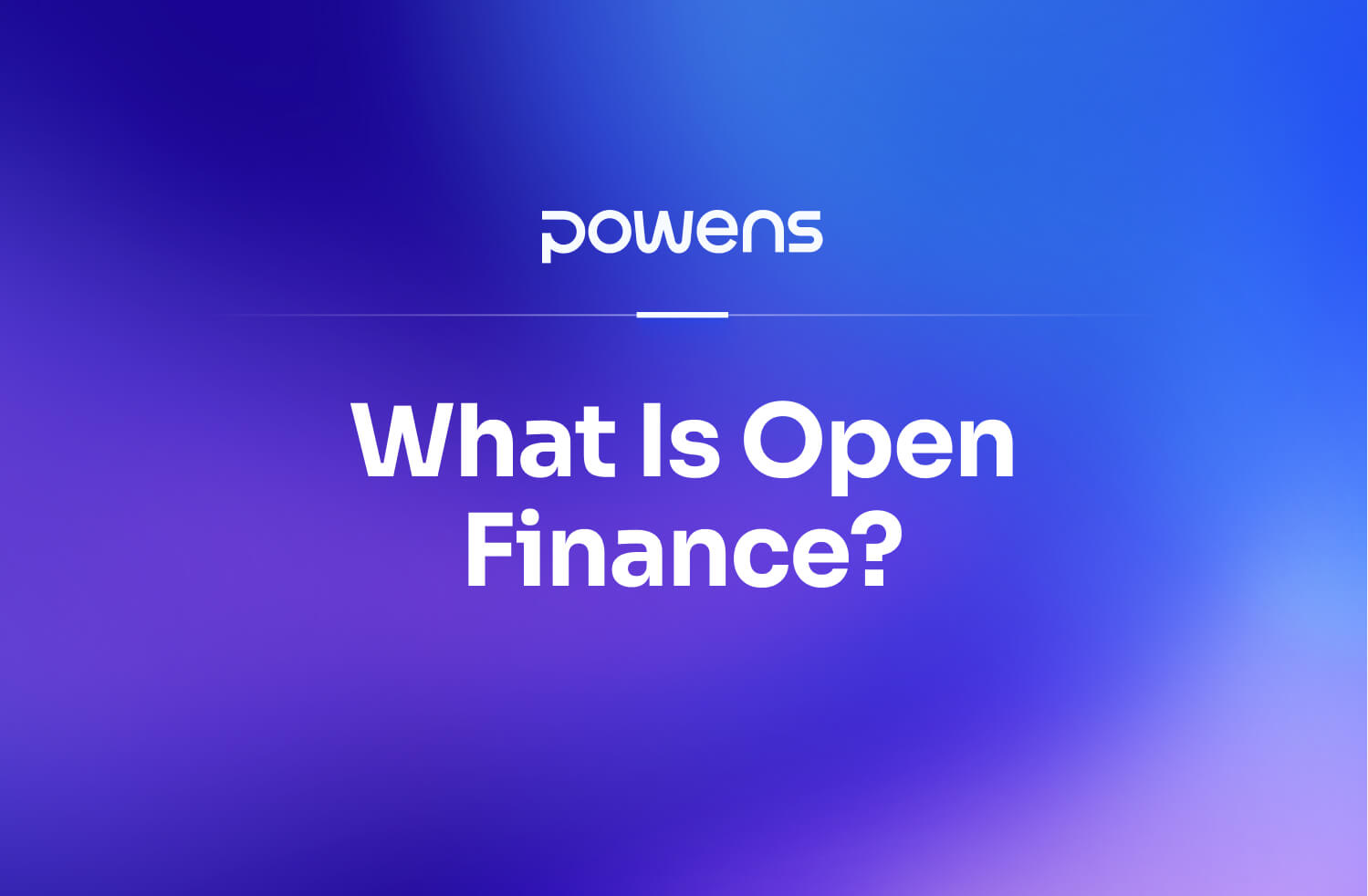Open Finance is a concept that is gaining traction in the financial industry. It refers to the practice of using open APIs to allow third-party developers to build applications and services around financial institutions. This article will provide an overview of Open Finance, including its benefits, challenges, and future prospects.
What is Open Finance?
Open Finance is a practice that allows third-party developers to access financial institutions’ data and services through open APIs. This practice enables developers to create innovative financial products and services that can be integrated with existing financial institutions’ products and services.
Open Finance is often compared to Open Banking, hich is a subset of Open Finance. Open Banking is based on the aggregation of check account data, while Open Finance also includes documents and data related to savings accounts, loans, investments and financial assets.
Benefits of Open Finance
One of the main benefits of Open Finance is that it enables innovation. Third-party developers can use financial institutions’ data and services to create new products and services that can benefit consumers. This can lead to increased competition, which can ultimately result in better products and services for consumers.
Open Finance can also improve financial inclusion. By enabling third-party developers to create innovative products and services, financial institutions can reach consumers who were previously underserved or excluded from the traditional financial system. For example, Open Finance can help people access credit or insurance who would otherwise be unable to do so.
Challenges of Open Finance
One of the main challenges of Open Finance is data security and privacy. Financial institutions hold sensitive customer data, and allowing third-party developers to access this data can create security and privacy risks. Therefore, it is essential to establish strong data protection and privacy policies to mitigate these risks.
Another challenge is the lack of standardization. Currently, there are no industry-wide standards for Open Finance, which can make it challenging for developers to build applications and services that work seamlessly across different financial institutions.
Future Prospects
Open Finance is an evolving concept that is likely to have a significant impact on the financial industry. Fintech companies have played a key role in promoting Open Finance by using innovative technologies to create new financial products and services. They have often worked with traditional partners to offer more comprehensive solutions.
Traditional banks have also begun to adopt Open Finance. Many banks have created APIs to enable data and service sharing with other financial companies. Some banks have also invested in fintech startups to acquire innovative skills and technologies.
Regulators have also played a significant role in promoting Open Finance. They have created regulatory frameworks to oversee collaboration between financial companies and ensure consumer protection.
Conclusion
Open Finance is a rapidly evolving concept that offers many opportunities for financial companies, consumers, and regulators. Although it also has limitations, Open Finance is transforming the financial industry by creating a more open and collaborative financial ecosystem.
Financial companies need to adapt to this evolution by innovating and offering more advanced products and services to meet consumer needs. Fintech companies have played a key role in promoting Open Finance, but traditional banks have also begun to adopt this concept.
Regulators have created regulatory frameworks to oversee collaboration between financial companies and ensure consumer protection. Open Finance is a concept that will continue to evolve and have an impact on the financial industry in the years to come.
Ready to harness the power of Open Finance for your business?
Schedule a demo with our team today!

 Mar 07, 2022
Mar 07, 2022 













